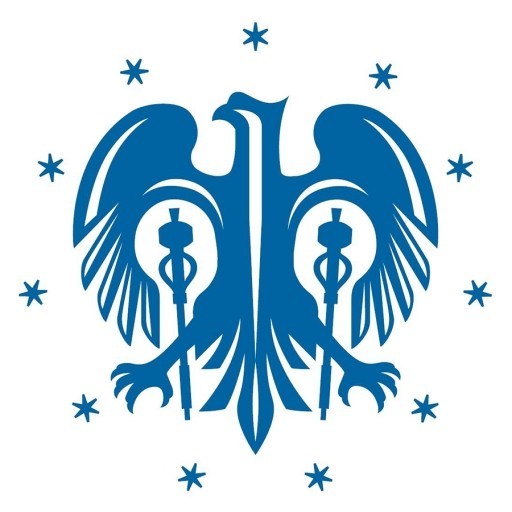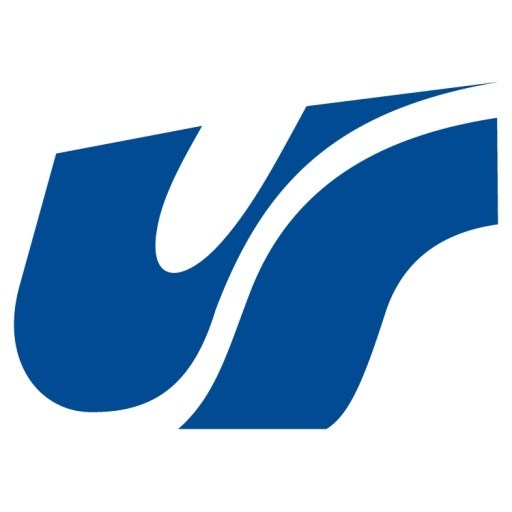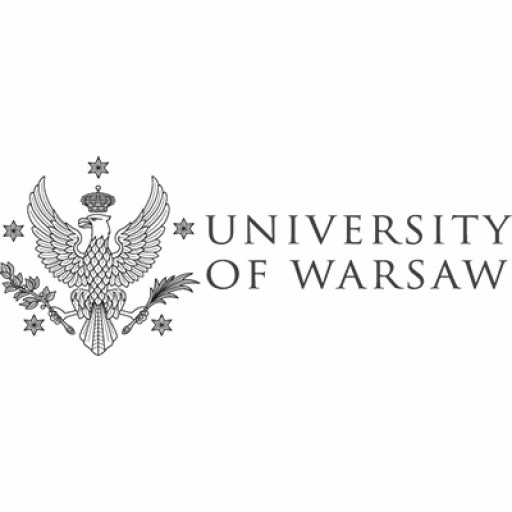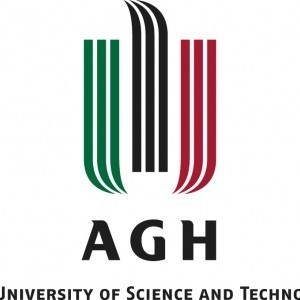The Materials Chemistry specialization within the Pure and Applied Chemistry program at Maria Curie-Sklodowska University offers students an in-depth understanding of the properties, synthesis, and applications of materials used across various industries. This program is designed to equip students with comprehensive knowledge of advanced materials, including polymers, ceramics, composites, and nanomaterials, and their role in modern technological development. Throughout the course, students will explore the fundamental principles of chemistry that underpin the design and modification of materials, gaining practical skills in laboratory techniques, characterization methods, and safety procedures essential for research and industry. The curriculum emphasizes both theoretical foundations and practical applications, preparing graduates for careers in research institutions, manufacturing companies, and innovative startups focused on materials development. Additionally, students will have opportunities to participate in cutting-edge projects, internships, and collaborations with industry partners, enabling them to apply their knowledge to real-world challenges. The program aims to foster critical thinking, problem-solving abilities, and innovation, ensuring that graduates are well-prepared to contribute to advancements in areas such as electronics, energy storage, environmental protection, and biomedical engineering. Graduates will be capable of conducting independent research, analyzing complex material systems, and communicating scientific information effectively. The Materials Chemistry specialization at Maria Curie-Sklodowska University is committed to providing a dynamic learning environment that promotes scientific exploration, creativity, and professional growth, ultimately shaping experts ready to meet the demands of a rapidly evolving scientific landscape.
The specialization in Materials Chemistry within the Pure and Applied Chemistry program at Maria Curie-Sklodowska University in Lublin offers students a comprehensive education in the synthesis, characterization, and application of advanced materials. This program aims to equip students with in-depth knowledge of the structural, physical, and chemical properties of various materials, including polymers, nanomaterials, ceramics, and composites. Throughout the course, students will explore the principles of modern materials science, learning how to design and manipulate materials at the molecular and atomic levels to achieve desired functionalities. The curriculum covers fundamental topics such as inorganic and organic chemistry, analytical methods, and physical chemistry, combined with specialized courses focusing on materials engineering, nanotechnology, and surface science.
Students will gain practical skills through laboratory work, including techniques like spectroscopy, microscopy, and material testing, preparing them for research roles and industrial applications. The program emphasizes interdisciplinary approaches, integrating knowledge from chemistry, physics, and engineering to solve real-world problems related to energy, electronics, environmental protection, and biomedicine. Special attention is given to sustainable development and the development of environmentally friendly materials. The coursework is complemented by seminars, projects, and collaborations with industry partners, providing students with valuable experience and professional networking opportunities. Graduates of this specialization will be well-prepared for careers in research and development, quality control, and innovative material production in various sectors such as electronics, pharmaceuticals, construction, and environmental technology.
The Master’s program in Pure and Applied Chemistry with a specialization in Materials Chemistry at Maria Curie-Sklodowska University in Lublin is designed to provide students with comprehensive theoretical knowledge and practical skills in modern chemistry. The program's curriculum emphasizes an in-depth understanding of the fundamental principles of chemistry, including organic, inorganic, physical, and analytical chemistry, with specialized courses focusing on the chemistry and design of new materials. Students are expected to complete core courses that cover advanced topics such as nanomaterials, polymers, ceramics, and composite materials, alongside modern analytical techniques used in characterizing materials. Practical laboratory work forms an integral part of the program, enabling students to develop competencies in experimental design, data analysis, and interpretation, as well as the use of state-of-the-art instrumentation.
The requirements for admission typically include a completed Bachelor’s degree in Chemistry or a related field from a recognized university, with a satisfactory academic record demonstrating strong fundamentals in chemical sciences. Applicants are generally required to submit their academic transcripts, curriculum vitae, and a motivation letter outlining their interest in the specialization. Some proficiency in English is necessary, with applicants expected to provide proof of language skills through recognized certificates if their previous education was not conducted in English.
Throughout the program, students must participate in seminars, workshops, and research projects, fostering critical thinking and independent problem-solving abilities. The curriculum also emphasizes interdisciplinary approaches, encouraging collaborations with other scientific fields such as physics, engineering, and environmental sciences. To graduate, students must successfully complete coursework, pass examinations, and submit a master’s thesis based on original research in Materials Chemistry. The thesis defense in front of a faculty committee is a mandatory requirement.
The program’s requirements aim to prepare graduates for careers in research and development in industry, academia, or governmental laboratories. It also provides a solid foundation for those pursuing doctoral studies. The university supports students through access to modern laboratories, research centers, and collaboration opportunities with national and international scientific institutions. Overall, the program aims to create highly qualified chemists capable of contributing innovative solutions and advancements in the field of materials chemistry.
The financing of the Master's degree program in Pure and Applied Chemistry with a specialization in Materials Chemistry at Maria Curie-Sklodowska University in Lublin is primarily funded through a combination of domestic and international sources. The program offers tuition fee-based education, with fees determined annually by the university's regulations, including possible subsidies for students from certain regions or under specific scholarship schemes. Additionally, students may apply for scholarships provided by the Polish government, the university itself, or external organizations that support science and education. These scholarships can cover partial or full tuition fees, depending on the applicant's eligibility and the criteria set forth by the granting body.
The university also participates in Erasmus+ programs, which facilitate student mobility and exchange, providing financial support for students engaging in study or internship periods abroad. Such funding helps reduce the overall costs of education and promotes international collaboration. Furthermore, some students may secure individual funding sources, such as sponsorship from industry partners, research grants, or personal savings.
Research activities within the program are often financed through national research projects or European Union grants awarded to faculty members, which can indirectly benefit students by providing access to cutting-edge research tools, materials, and facilities. These funds may also support student participation in research internships, conference attendance, and other academic development opportunities.
Overall, financing for the program is meticulously managed by the university's administration to ensure that students have access to quality education while minimizing financial barriers. The university also encourages students to seek external funding sources and provides assistance in preparing applications for scholarships or grants. The combination of educational fees, scholarships, EU funding, research grants, and sponsorships creates a multifaceted financial framework that sustains the Master's degree program and enhances its attractiveness to students from various backgrounds.
The Master’s program in Pure and Applied Chemistry with a specialization in Materials Chemistry at Maria Curie-Sklodowska University in Lublin is designed to provide students with an in-depth understanding of the fundamental principles and applications of modern materials science. This program aims to equip students with comprehensive knowledge of chemical synthesis, characterization techniques, and the properties of various advanced materials, including polymers, ceramics, composites, and nanomaterials. Students will explore the relationship between the structure and properties of materials, enabling them to develop innovative solutions for challenges in technology, industry, and environmental protection. The curriculum typically covers core topics such as inorganic and organic chemistry, physical chemistry, analytical methods, and specialized courses in materials chemistry, nanotechnology, and functional materials. Practical laboratory training is a significant component of the program, offering hands-on experience with cutting-edge laboratory equipment and techniques. This prepares graduates for research roles in academia, industry, or government Agencies, where they can contribute to the development of new materials with specific functionalities for electronics, medicine, energy storage, and other sectors. The program also emphasizes the importance of research methodology and scientific communication skills, preparing students to undertake independent research projects and to disseminate their findings effectively. Graduates of this specialization are expected to possess critical thinking skills, a deep understanding of chemical processes at the molecular level, and the ability to analyze and solve complex problems related to materials chemistry. Additionally, the program encourages international mobility and collaboration with research institutes and industrial partners, providing students with opportunities for internships and exchange programs. Overall, the Master’s in Pure and Applied Chemistry with a specialization in Materials Chemistry at Maria Curie-Sklodowska University is tailored to meet the demands of a rapidly evolving industry, promising a versatile career pathway in research, development, and application of new materials across various scientific and technological domains.








